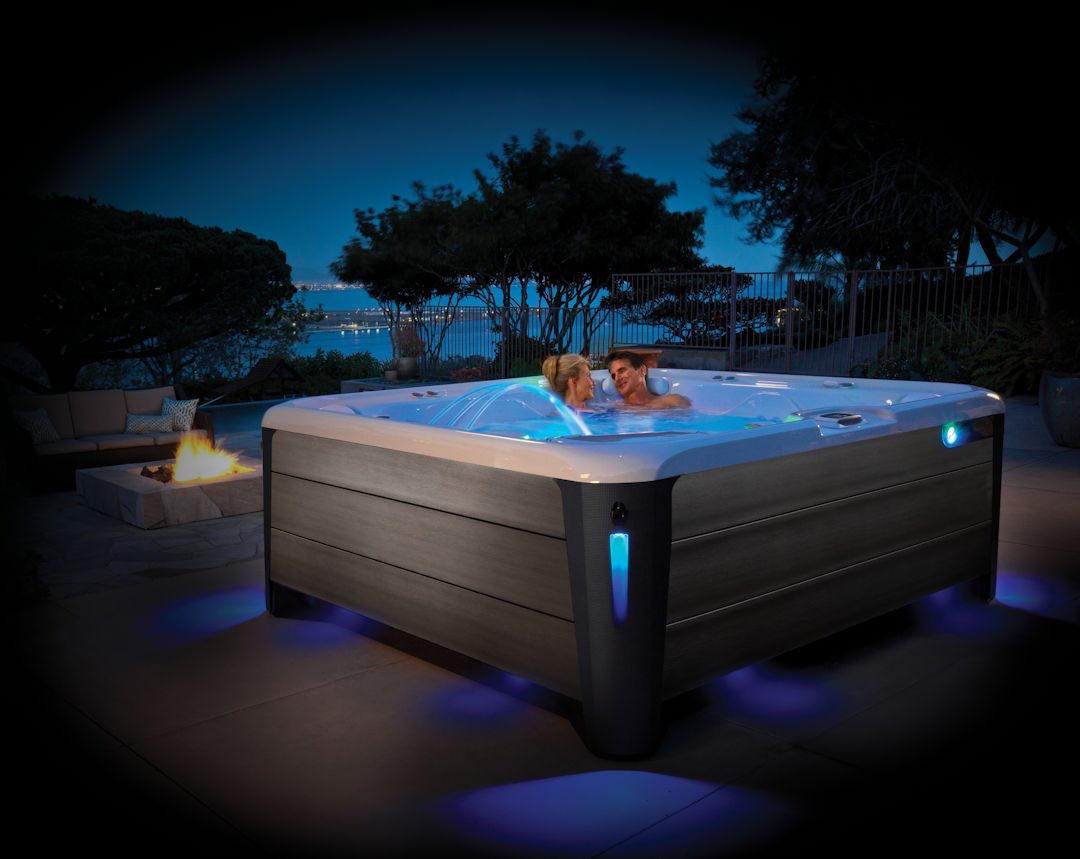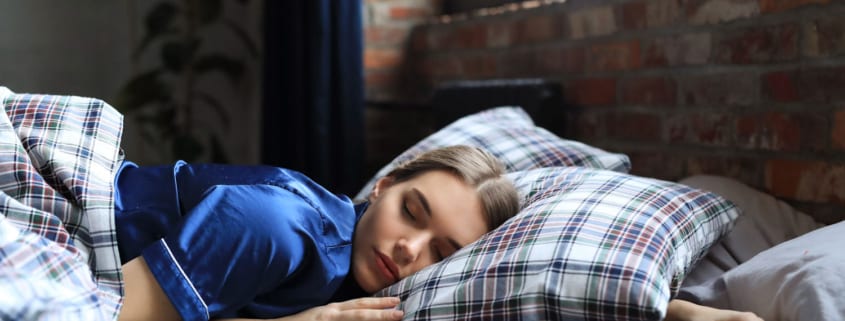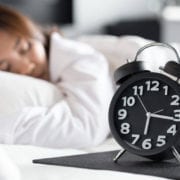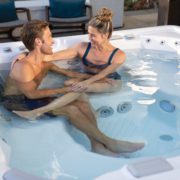4 Tips to Improve Your Sleep
Sleepless nights lead to stress and illness. Yet, most adults, and even children don’t get enough sleep. Getting enough undisturbed sleep is vital to our health, and when there just isn’t enough of it, problems arise.
The documentary, Sleepless in America, highlights our crucial need for sleep, and it documents the life-threatening consequences for people who don’t get enough. After watching this, we knew we had a great tip for helping you sleep better!
Let’s look at tips to improve your sleep, but first, let’s discuss the consequences of not getting enough.
The Importance of Sleep
- The Cleveland Clinic says that even if you eat well and exercise regularly, but you don’t get at least seven hours of sleep every night, you’re undermining your efforts. Sleep should be as much of a priority as eating healthy and exercising.
- Sleep is when our bodies and our brains recharge. It’s the time we release the stress of our daily lives. If you don’t get enough sleep, your body doesn’t have enough time to recharge.
- The problem is compounded by the pull of iPads, iPhones and TVs.
What Happens When You Don’t Get Enough Sleep
Many people will experience short-term problems that may include:
- A lack of alertness
- Impaired memory and inability to think and remember
- Stress on your relationships
- Moodiness
- Exercise fades into the past
If people continue to go about their days without enough sleep, they can experience long-term chronic sleep problems such as:
- High blood pressure
- Diabetes
- Heart attack, heart failure or stroke
- Obesity
- Depression
- Dark circles under the eyes and premature wrinkling

#1: Amount of Sleep You Need
The National Sleep Foundation put together a detailed chart with targets by age. The report suggests there are nine age-specific categories:
- Older adults, 65+ years: 7-8 hours
- Adults, 26-64 years: 7-9 hours
- Young adults, 18-25 years: 7-9 hours
- Teenagers, 14-17 years: 8-10 hours
- School-age children, 6-13 years: 9-11 hours
- Preschool children, 3-5 years: 10-13 hours
- Toddlers, 1-2 years: 11-14 hours
- Infants, 4-11 months: 12-15 hours
- Newborns, 0-3 months: 14-17 hours
#2: Each Person Needs a Different Amount
Each person has their own sets of needs, so it’s important to evaluate how many hours of sleep you need. Ask yourself the following questions:
- When you sleep for seven hours, are you happy and productive? Or, do you need nine hours to really get moving?
- Do you have any health issues?
- Are you having sleep problems such as trouble falling or staying asleep?
- Do you depend on caffeine to wake up and stay moving throughout the day?
- Are you sleepy when you drive?
Experts do agree that at least seven hours of sleep is best for most adults.

#3: A Hot Tub Can Help You Sleep Better
- Yes. Just like a hot bath before bed helps infants and young children sleep, it can aid adults as well.
- If you are like the millions of Americans who have trouble winding down a night, a hot tub soak can help you get a complete, restful night of sleep.
- Hot Springs Spas says, “A warm soak in the hot tub can improve circulation which can help you sleep.”
- Warm water raises body temperature which dilates blood vessels, improving your circulation. Then, oxygen-rich blood flow to the organs and extremities helps every part of you feel better.
Your improved circulation helps you sleep because it fuels the relaxation response. Your breathing rate slows, relaxing you naturally, and the production of stress hormones decreases, helping muscles relax.
#4: Set a Wind Down Routine
Sleep specialists encourage a wind down routine at night for adults. This involves turning down the lights and staying off your device. Your best step to a great night of sleep is to put your phones and iPads down and get into your hot tub. Turn the lights low or off. Listen to relaxing music and relax. Do this nightly, and soon you’ll be sleeping like a baby, naturally.
To Conclude
Looking to improve your sleep? Talk to us about a Hot Springs Spa today!










